How Burnout Feels Like
Burnout can feel like a thick, emotional fog that won’t lift, making it challenging to problem-solve, garner motivation, and be engaged in work and relationships. In today’s “go-go-go” culture, it’s pretty common to feel repeatedly zapped before the weekend and slowly opt out of socializing because you’d rather hole up in bed and watch Netflix.

However, burnout doesn't have to be strictly occupational. It can also be an experience in your personal life. According to the researchers, burnout may be due to factors like social isolation, perfectionism, and financial stress. Anyone who works and cares for others can suffer.
Burnout vs. stress vs. depression: how to tell
While burnout can mimic depression and fatigue, and even lead to sleep problems like insomnia, there are distinct differences. This is important as they all have unique solutions. Think about it this way: everyday nuances like a flight delay or friend conflict can be unpleasant and taxing, but you can plan out for the end of the tunnel. Burnout, however, is distress on steroids because looking forward to the end is impossible.

Stress is not a mental health condition. It tends to have an obvious trigger, like a move, divorce, or illness. Stress typically resolves as life events change. However, stress can lead to mental health problems like anxiety and depression if it persists over long periods without relief.
Depression is a mental health condition that requires a medical diagnosis. While stress is related to life events, depression can happen even if everything in life seems fine – and it can last for years.
Doing what you love and loving what you do should not come at a cost.
According to Kecmanovic, depression is also characterized by persistent sadness, feelings of hopelessness, and an inability to enjoy life. With burnout, hobbies and social activities might feel like a chore, but with depression, a person’s capacity to seek joy is numbed out.
| Stress Symptoms | Depression Symptoms | Burnout Symptoms |
| A change in eating habits | Big Decrease/Increase in appetite | Loss of appetite |
| Difficulty sleeping | Loss of sleep or sleeping constantly | Waking in the night and struggling to fall back asleep |
| Inability to concentrate or complete tasks | Loss of interest in hobbies and activities | Decreased performance at work |
| Feeling overwhelmed | Lack of energy and motivation | Lack of motivation |
What are Good Burnouts
How Burnout affects Work Performance & Mental Health
- At work, you may feel under-appreciated and out of control when it comes to tasks at hand. When this happens, you may cope by disengaging from your team and personal relationships.

- You may feel like your job lacks meaning or is monotonous and feel stuck in a role that doesn’t fuel personal development. Sufferers of this type of burnout may veer towards avoidance and pull away from work and personal relationships when stress rises.

- At work and in personal relationships, you continually remain involved and ambitious to the point of work or socialization overload.
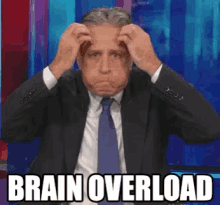
- When you’re emotionally fried, you may cope by venting to colleagues and loved ones.
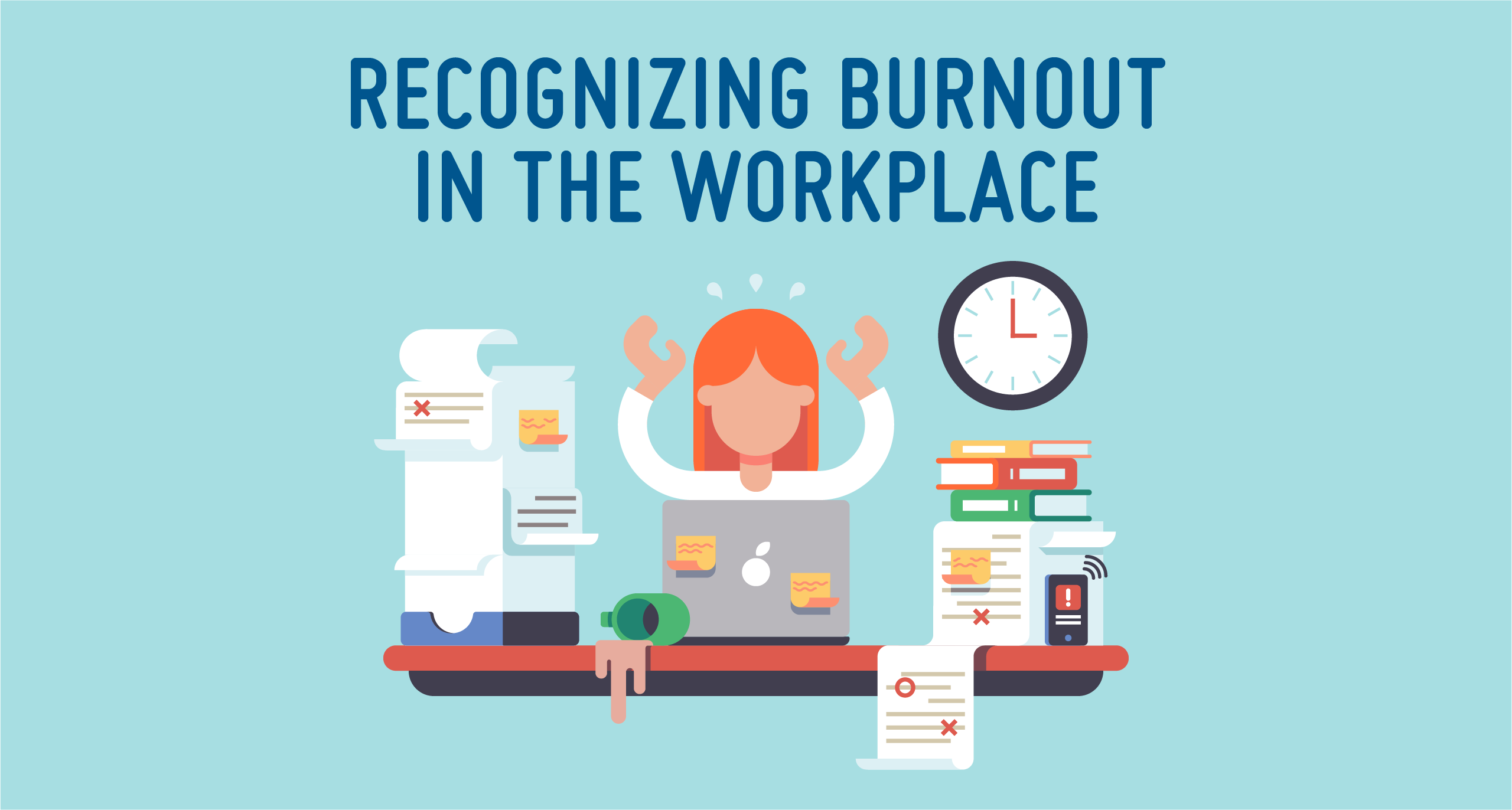
Work and Play Culture
Avoid The Crash (And The Guilt) With These Burnout Prevention Strategies
1. Seek outside support
If burnout interferes with relationships, as well as life at work and home, it might be time to seek help. Along with work modifications, it can be helpful to speak with a therapist. Many organizations offer employee assistance (EAP) counseling, or your family doctor can also provide referrals. In addition, online therapy directories can help you find support.

2. Learn your burnout symptoms
Burnout can feel like a marathon, but recovery is possible. For example, after getting sick with COVID, my aunt struggled with burnout and compassion fatigue. “I was tired and irritable, and the fatigue was worse on workdays than on weekends,” she says. To step back, she set boundaries at work, which meant seeing fewer clients.

Burnout symptoms are also very personal. It’s important to distinguish between your feelings of burnout vs. general stress and fatigue.

3. Set boundaries
Another takeaway for my aunt was boundary setting. "Saying "yes" to myself, my family, and my clients, means saying "no" to anyone outside my inner circle who asks for my help."

4. Acknowledge your feelings of burnout
In addition to boundary setting and therapy, psychologists suggest acknowledging your feelings. It can be tempting to bury feelings like sadness, anger, and irritability but ignoring distress only makes feelings louder, she shares.

From Job Burnout To Fired Up
Feeling and identifying the signs of job burnout is a powerful way to arm yourself with the strategies and resources needed to prevent it from bringing you down into the trenches of despair. So if it’s time to sit down with your manager or HR team, set up that meeting. Raise your hand and explain that working longer hours is not leading to your most productive and happiest self. You might just be surprised at the results.
My Personal Experience with Burnout
I am currently in my Ist year of B.tech and more often than not I find myself in a situation with mounting responsibilities and a lack of clear processes in place, you also would have faced a similar situation.
I felt myself losing motivation, procrastinating “to an exponential level” and, worst of all, struggling with creative burnout.
For me, the solution for how to recover from burnout started with discovering how I was currently working and finding opportunities to outsource tasks that could be done without my presence.
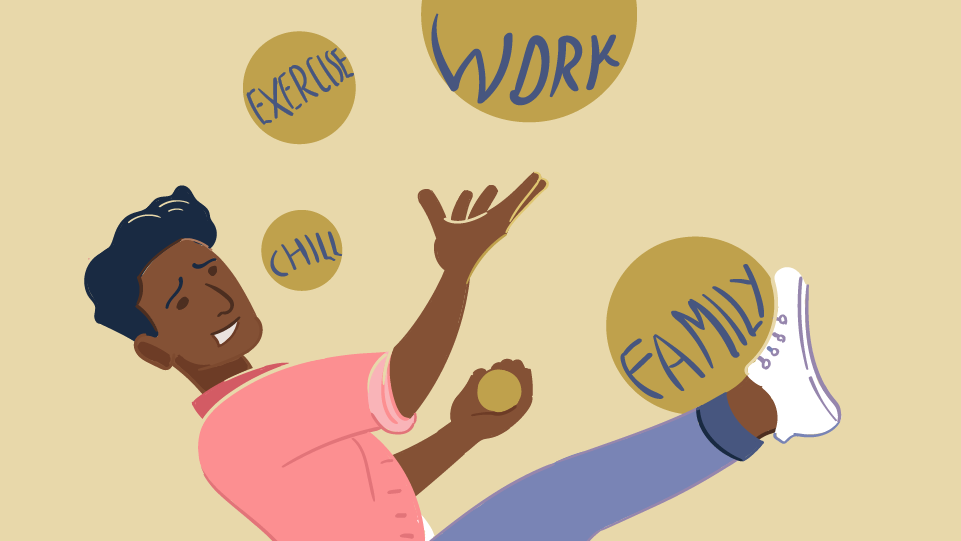
Now after tackling the earlier situation, I stumbled upon a new one as, despite my outspoken desire for more work-life balance, downtime, and rest, I was working longer hours than ever, studying for exams, learning coding side-by-side and also trying my hand at blogging.
This level of extreme busyness was self-imposed. Eventually, I realized that I needed a break before my workload broke me.
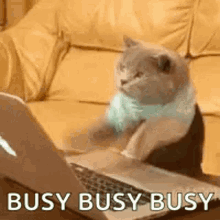
So to slow things down, I started to decline outside opportunities and instead, focus on clearing out and prioritizing my backlog of tasks at a more sustainable pace.

In the end, taking on less didn’t impact my standing at college or my social presence.
Also, I’ve started keeping a daily list of things I get done, both to measure more accurately how much I can get done (so I can become more realistic about my workload) and to combat the constant feeling that I am ‘lazy’ and that it’s my fault I’m behind on work because if I just did more I could catch up.
As a result, It turned out that the number of discrete tasks I can get done in a day is pretty much a constant (for me it's 5), regardless of the complexity. And if I go over that number, I will pay with a day or a few days of low productivity.
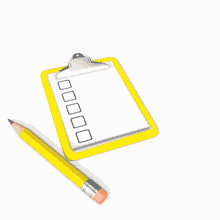
Furthermore, as of lately, I have started practicing 15 minutes of meditation daily and The results after a week of practicing it were mindblowing i.e. I started to know myself and my emotions very well and why I felt them at a certain instant of time, which helped me find a solution to it.
In my case, organizing myself, meditation and outsourcing tasks helped me win the battle against burnout, but it might take a different approach for you. What’s important is to find what works best for you and most fulfills your needs.
Hope this helps you. Thank you for reading, and let's connect!
Thank you for reading my blog. Feel free to connect on LinkedIn or Twitter. Also, feel free to support my work by giving it a reaction.😊

